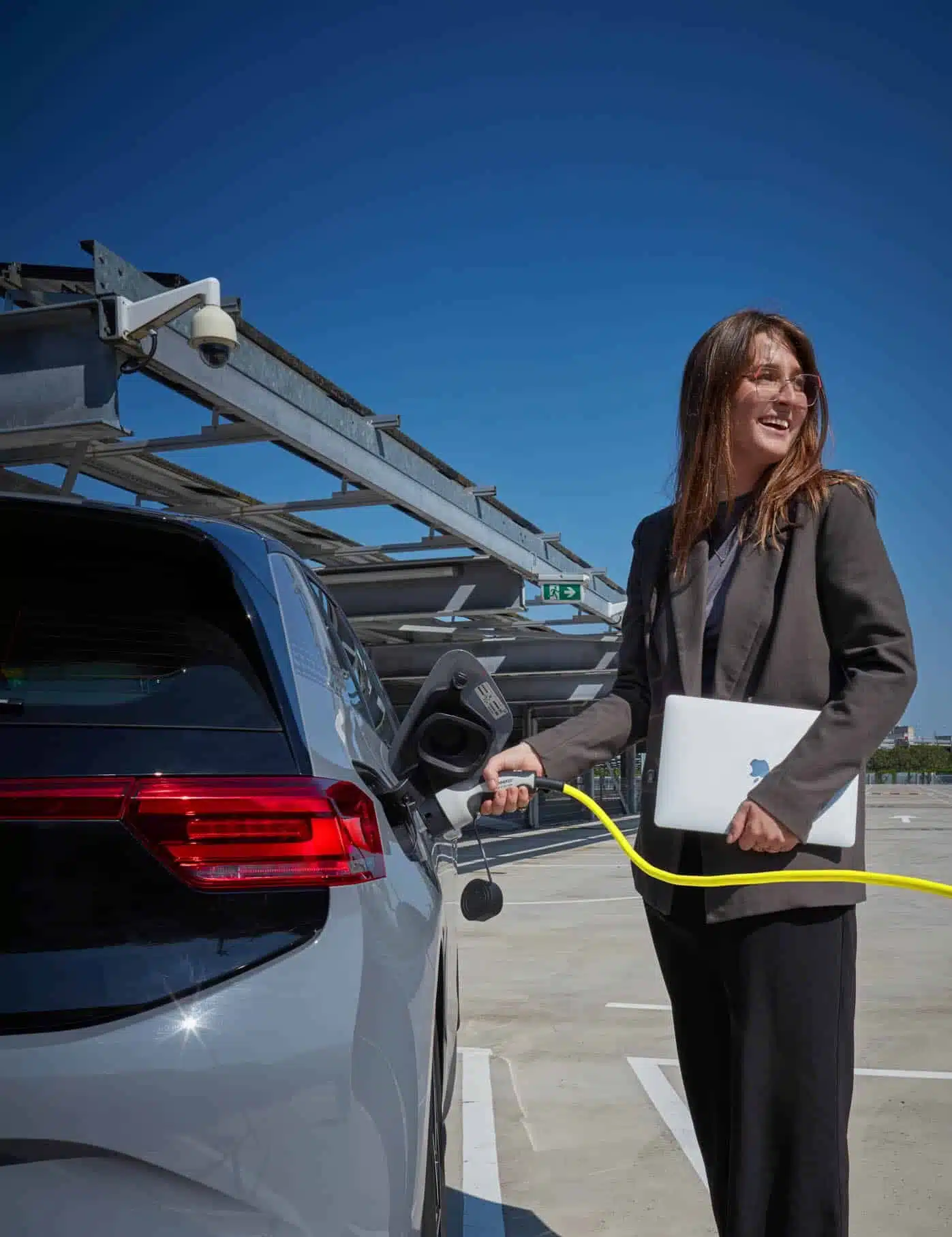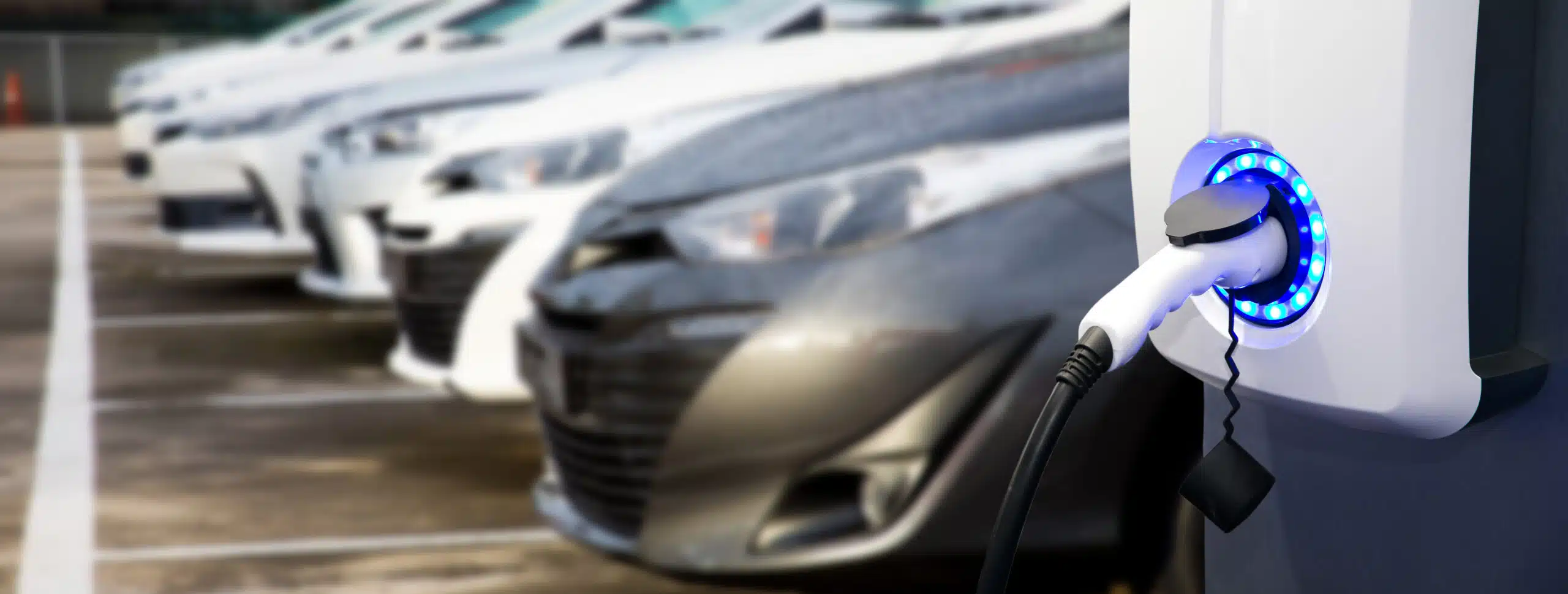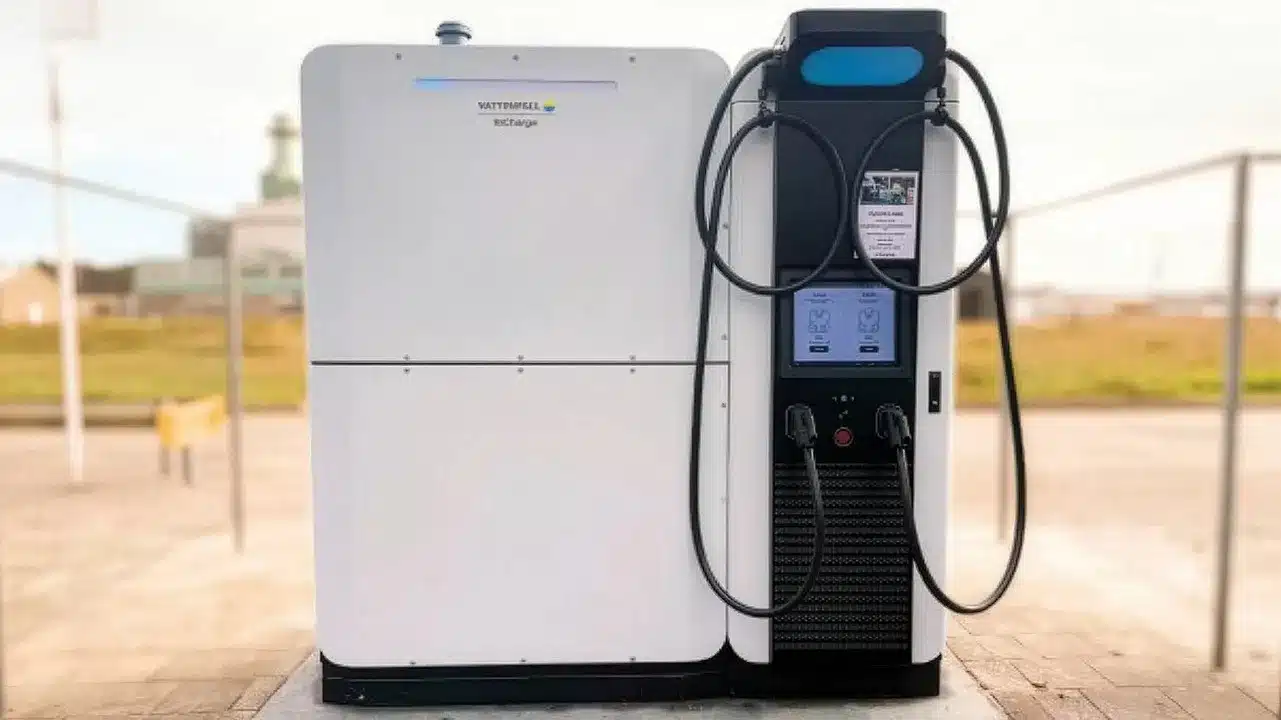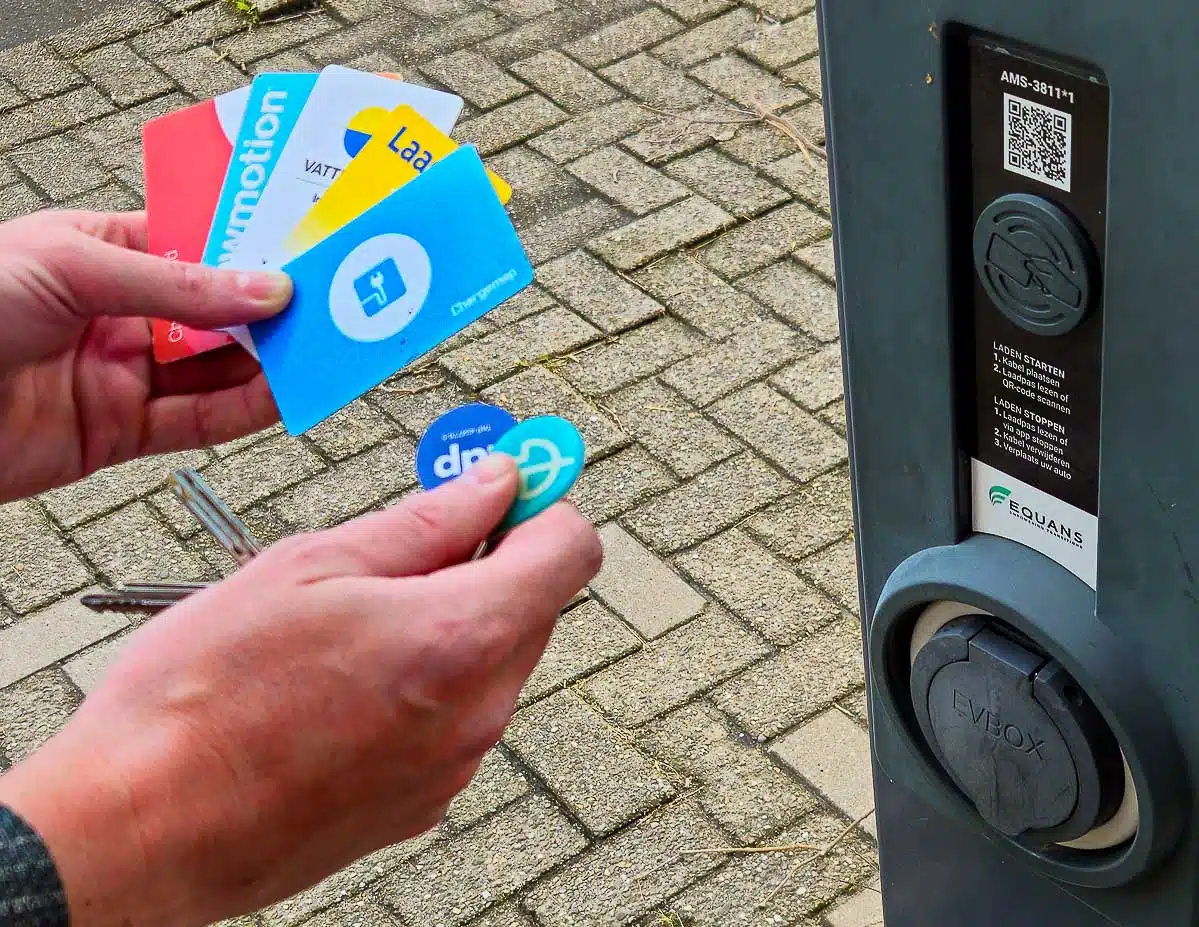Onze diensten
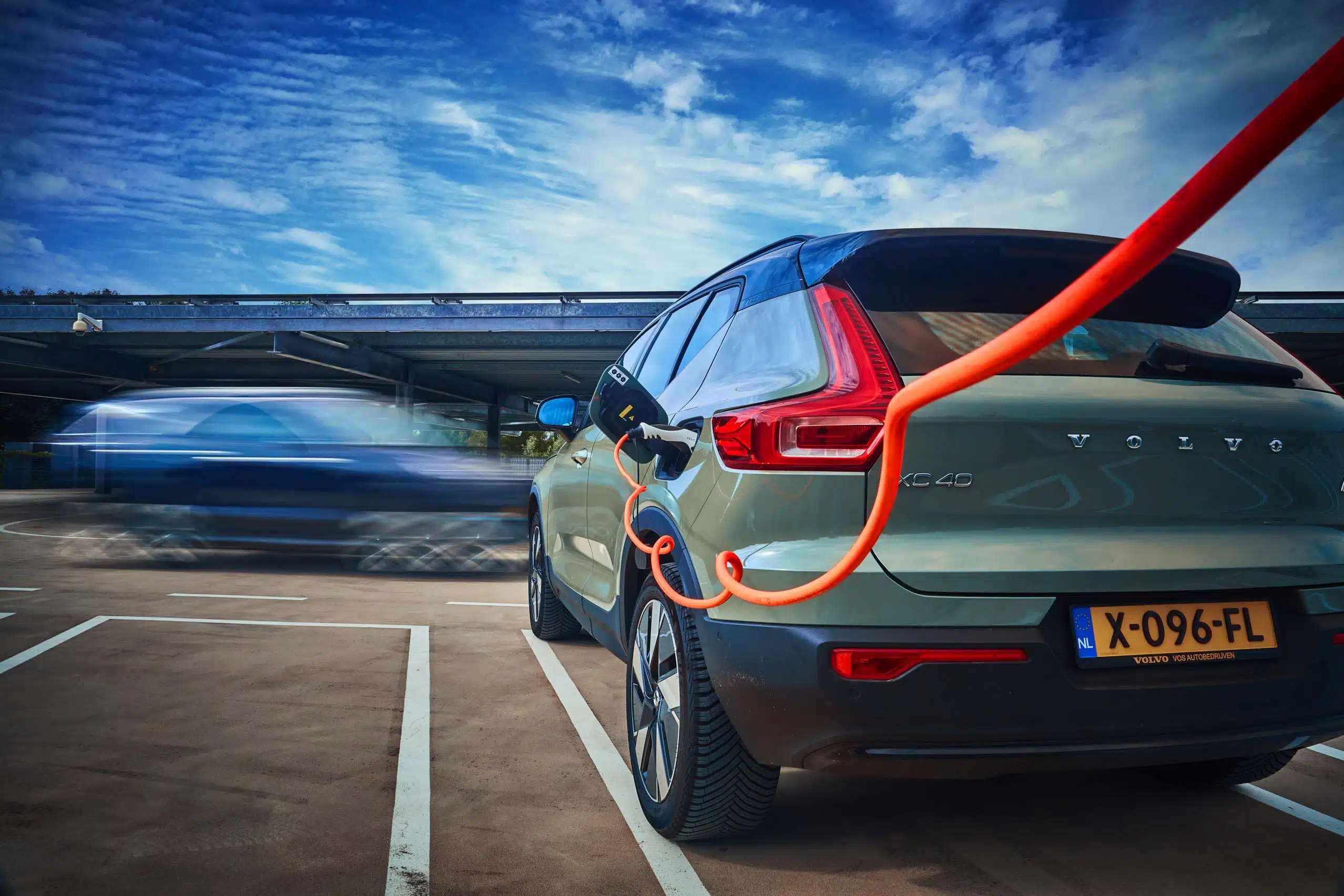
Strategie & Beleid
Zo helpen wij bedrijven en overheden aan een toekomstbestendige e-mobility strategie.
Van ambitie naar strategie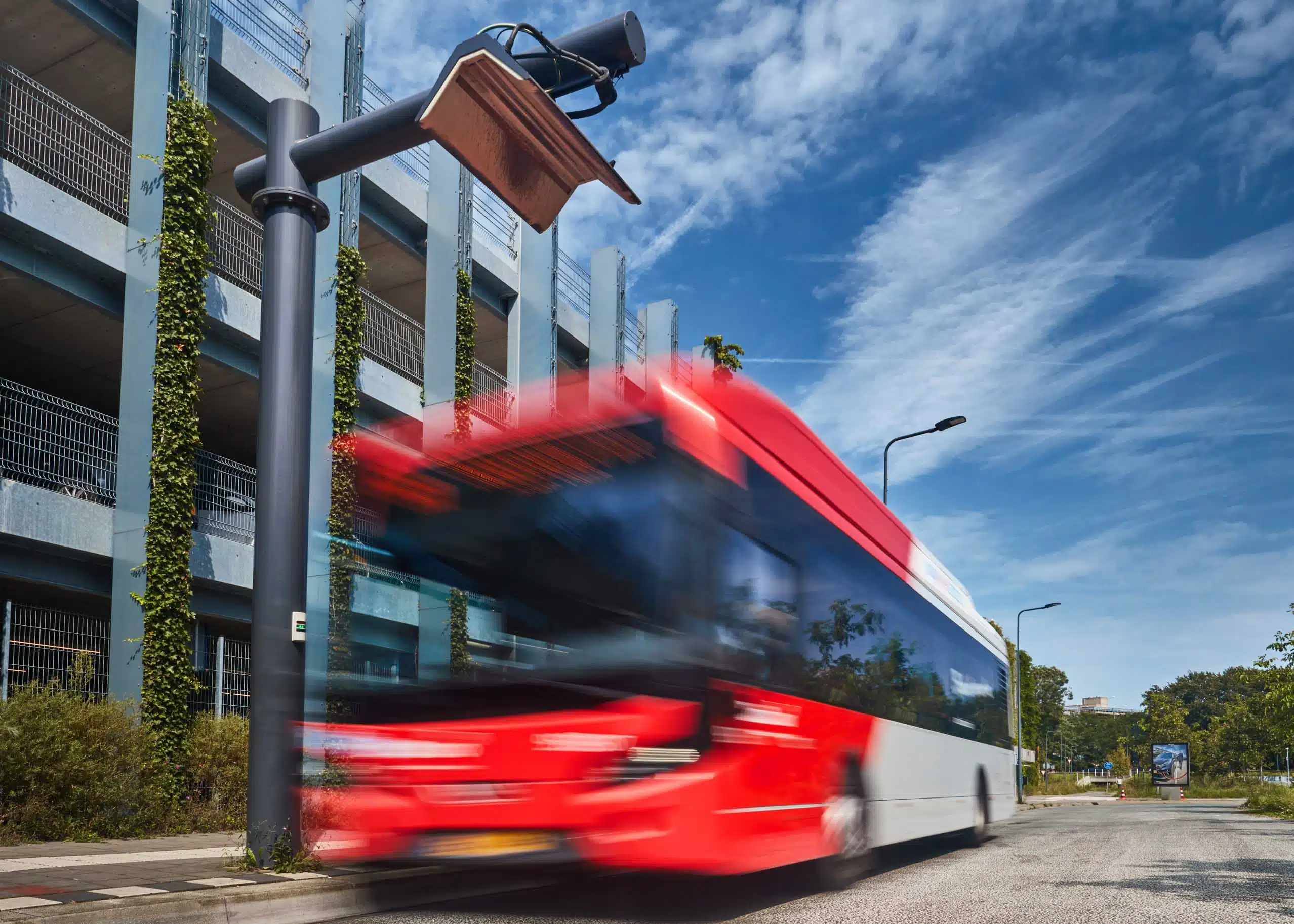
Aanbestedingen & Inkooptrajecten
Expertise in laadinfrastructuur en duurzame technologieën.
Bekijk onze aanpakWaarom kiezen voor EVConsult?
-
Ervaring: meer dan 15 jaar expertise in elektrische mobiliteit
-
Innovatie: toonaangevend in duurzame oplossingen
-
Resultaten: bewezen succes bij tal van projecten
Onze impact


